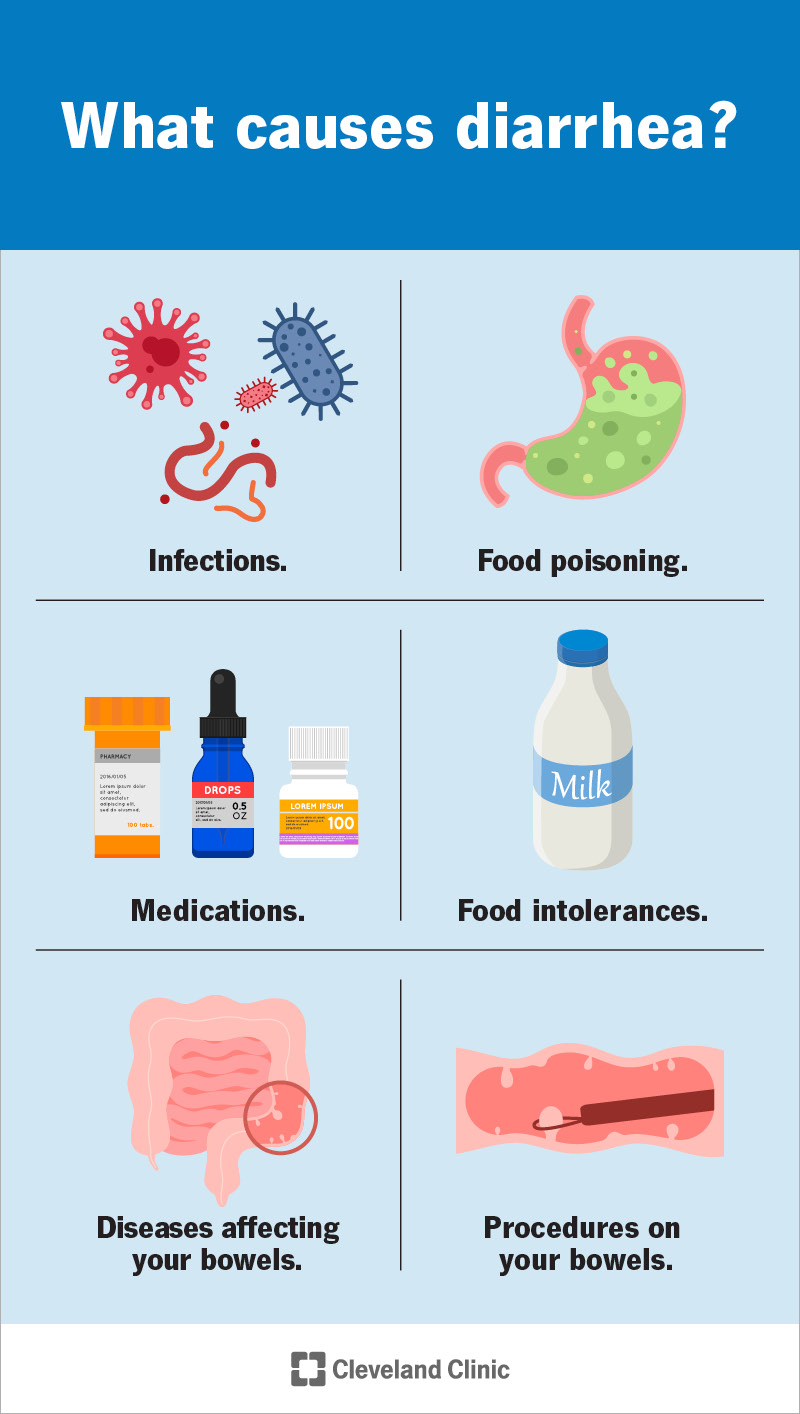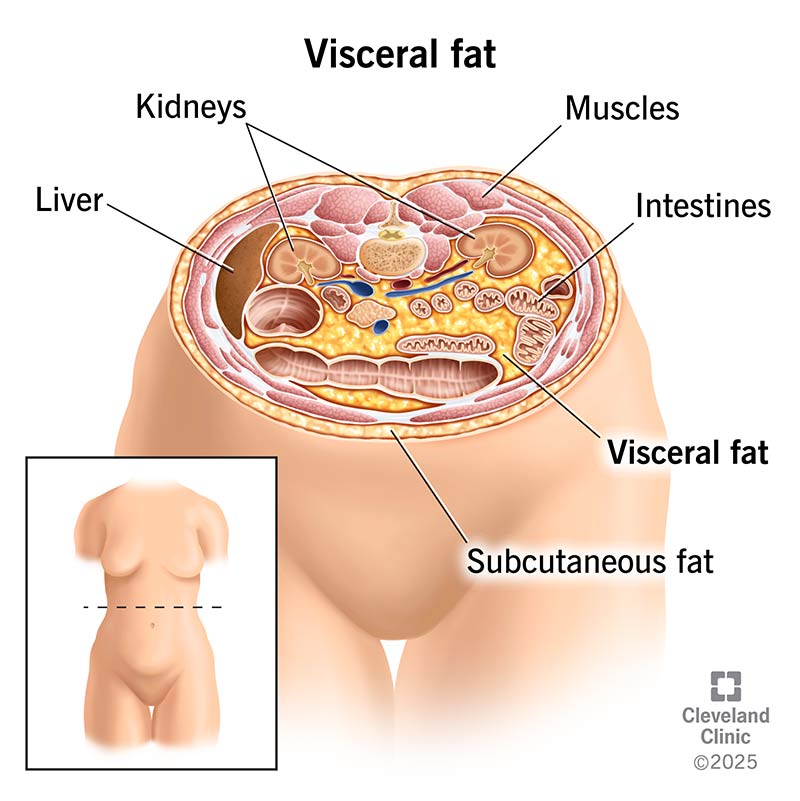How Do You Know If Weight Loss is Serious
Unexplained weight loss can be a sign of a serious underlying health issue. If you are losing weight without trying, experiencing sudden or rapid weight loss, or have a decreased appetite, it’s important to consult with a healthcare professional to determine the cause and receive appropriate treatment.
Unintentional weight loss can be a symptom of various medical conditions, including diabetes, thyroid disorders, cancer, or gastrointestinal issues. It’s essential to address unexplained weight loss promptly to rule out any serious health concerns and ensure proper management. By seeking medical advice and undergoing necessary evaluations, you can address potential health issues and work towards maintaining a healthy weight.
Taking proactive steps to address unexplained weight loss can contribute to overall well-being and quality of life.

Credit: my.clevelandclinic.org
Introduction To Weight Loss
Weight loss is a common topic that many people are concerned about. When it comes to losing weight, it’s important to understand the basics. Weight loss occurs when the body burns more calories than it consumes. This can be achieved through a combination of a healthy diet and regular exercise. However, it’s important to know when weight loss becomes a concern.
The Basics Of Weight Loss
Weight loss can be a natural result of lifestyle changes, such as eating a balanced diet and being physically active. However, if weight loss is sudden or unexplained, it may be a sign of an underlying health condition. Rapid weight loss can also be a cause for concern, as it may indicate a more serious issue. It’s important to pay attention to any changes in weight and consult a healthcare professional if necessary.
When Weight Loss Becomes A Concern
If you experience significant weight loss without making any changes to your diet or exercise routine, it’s important to seek medical attention. Unexplained weight loss can be a symptom of various health conditions, including thyroid problems, diabetes, or even cancer. Additionally, if you have been actively trying to lose weight but are not seeing any results, it may be worth discussing with a healthcare professional to ensure that there are no underlying issues hindering your progress.

Credit: www.amazon.com
Identifying Unintentional Weight Loss
Unintentional weight loss can be a sign of an underlying health issue. Symptoms such as fatigue, weakness, and loss of appetite may indicate a serious problem. Other signs include sudden weight changes and difficulty performing daily activities. Common causes of unintentional weight loss include digestive issues, thyroid problems, and cancer. If you experience unexplained weight loss, it is important to seek medical attention to determine the underlying cause and receive appropriate treatment.
Understanding The Impact
Weight loss can be a serious concern if it happens suddenly or without any effort. It can indicate an underlying health issue that needs attention. When weight loss is accompanied by physical symptoms such as fatigue, weakness, or dizziness, it could be a sign of a more serious health condition. Additionally, mental health should also be considered, as extreme weight loss can lead to anxiety, depression, or eating disorders. It’s important to consult a healthcare professional if you experience unexplained or rapid weight loss to determine the underlying cause and receive appropriate treatment.
Medical Conditions Linked To Weight Loss
Weight loss can be a sign of serious medical conditions. It is important to be aware of symptoms like unexplained weight loss, fatigue, and changes in appetite, which may indicate underlying health issues that need to be addressed.
| Medical Conditions Linked to Weight Loss: |
| Thyroid Issues |
| Digestive Disorders |
The Role Of Diet And Nutrition
Healthy eating patterns play a crucial role in maintaining a healthy weight. Some eating patterns to watch include skipping meals, eating too quickly, and consuming large portions. These habits can cause overeating and weight gain. A balanced diet that includes all essential nutrients is vital for weight management. Protein helps to keep you full, and fiber regulates digestion. Carbohydrates provide energy, and healthy fats support brain and heart health. To achieve a healthy weight, it is essential to focus on consuming a variety of nutrient-dense foods in appropriate portions. Consulting a registered dietitian can be helpful for developing a personalized nutrition plan to achieve your weight loss goals.
| Nutrient | Role in Weight Management | Food Sources |
|---|---|---|
| Protein | Keeps you full and helps maintain muscle mass | Chicken, fish, tofu, beans, nuts |
| Fiber | Regulates digestion and keeps you full | Whole grains, fruits, vegetables, nuts, seeds |
| Carbohydrates | Provide energy for the body | Whole grains, fruits, vegetables, beans |
| Healthy Fats | Support brain and heart health | Olive oil, avocado, nuts, seeds, fatty fish |

Credit: my.clevelandclinic.org
Lifestyle Factors Influencing Weight
Exercise and activity levels, stress, and sleep patterns can all have an impact on your weight. Regular exercise can help you burn calories and build muscle, both of which can help you lose weight. On the other hand, high levels of stress can lead to weight gain as your body releases cortisol, a hormone that can increase appetite and encourage fat storage. Additionally, poor sleep patterns can disrupt the hormones that regulate hunger and fullness, making it harder to maintain a healthy weight.
| Exercise and Activity Levels | Stress and Sleep Patterns |
|---|---|
| Regular exercise can help burn calories and build muscle. | High levels of stress can lead to weight gain. |
| Physical activity can help maintain a healthy weight. | Poor sleep patterns can disrupt hormones that regulate hunger and fullness. |
| Strength training can increase metabolism and burn calories even at rest. | Stress management techniques such as meditation or yoga can help reduce cortisol levels. |
When To Seek Professional Help
When experiencing sudden weight loss without trying, it could indicate a serious underlying health issue. Seeking professional help is crucial to rule out any potential medical concerns and receive proper guidance for effective management. Monitoring symptoms closely and consulting a healthcare provider promptly is recommended in such cases.
| Consulting a Healthcare Provider: | Diagnostic Tests and Evaluations: |
| Seek professional help if weight loss is sudden or unexplained. | Healthcare provider may perform blood tests or imaging studies. |
| Changes in appetite, bowel habits, or energy levels are concerns. | Physical exams can help identify underlying health issues. |
| Consult a doctor if you experience unintentional weight loss. | Be proactive in addressing any significant weight changes. |
Managing And Preventing Unhealthy Weight Loss
Unhealthy weight loss can have serious consequences on your overall health and well-being. To prevent this, it is essential to make certain lifestyle modifications that promote sustainable and healthy weight loss.
Firstly, focus on incorporating a balanced and nutritious diet into your daily routine. Include a variety of fruits, vegetables, lean proteins, and whole grains. Avoid crash diets or extreme calorie restrictions, as they can lead to nutrient deficiencies and muscle loss.
Secondly, regular physical activity is crucial for maintaining a healthy weight. Engage in activities you enjoy, such as walking, swimming, or dancing. Aim for at least 150 minutes of moderate-intensity exercise per week.
Lastly, it is important to have a support system in place. Surround yourself with friends and family who encourage and motivate you on your weight loss journey. Additionally, seek out resources such as online communities, fitness apps, or professional guidance to provide further support and guidance.
| Lifestyle Modifications | Support Systems and Resources |
|---|---|
| Follow a balanced and nutritious diet | Seek support from friends and family |
| Incorporate regular physical activity | Join online communities for additional support |
| Avoid crash diets or extreme calorie restrictions | Utilize fitness apps for tracking progress |
Conclusion
It’s crucial to listen to your body and seek medical advice if needed. Understanding warning signs can prevent health risks. Prioritize your well-being and make informed decisions for long-term weight management. Remember, your health is valuable, so take action when necessary.
Stay informed and stay healthy!